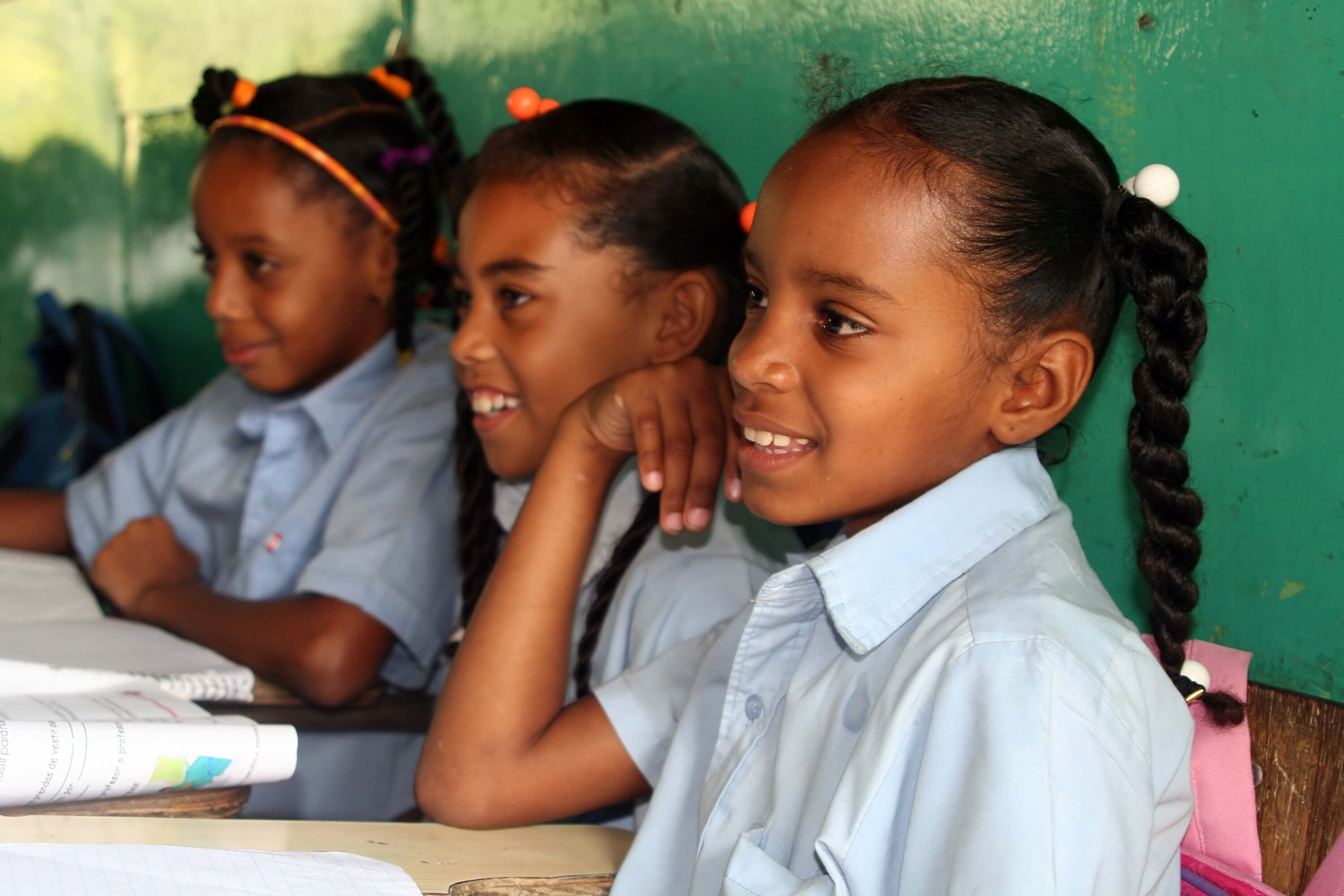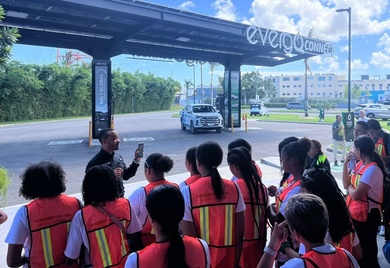IDB World: Nearshoring in Costa Rica, Regional Tax Policy & Gender Gaps

Empowering human talent: a key to promoting nearshoring in Costa Rica
In recent years, Costa Rica has become an important provider of medical supplies for the United States. This process, which continues to grow despite the restrictions imposed by the COVID-19 pandemic, is due to nearshoring, which consists of the transfer of companies to countries located closer to their country of origin, and strategies of training such as bootcamps, intensive and short, specialized courses.
In 2020, exports of goods from Costa Rica closed at an all-time high, up 1.9%, despite the pandemic. The precision and medical equipment sector, the most important exporter in the country, contributed with a 8% bump, and account for 34% of all exported goods. Likewise, during the pandemic multinationals were the ones that offered the most jobs to the country, more than 19,000 (49% of the new net employment generated by multinational companies was for women). For their part, companies such as Nevro (a global medical device company that provides innovative and information-based solutions for the treatment of chronic pain) and ADMEDES (the world's largest contract manufacturer of self-expanding alloy components for the medical device industry) announced the start of operations in Costa Rica in 2021.
Costa Rica is one of the three countries in the region, together with the Dominican Republic and Mexico, with a history of positive trade balance in the medical device sector and where transnational companies made investments with a manufacturing strategy for export, integrating these countries within global value chains. Between 2014 and 2018, with average exports worth around $3 billion, Costa Rica became the second exporter in the region and is among the seven top suppliers of medical devices for the United States (CINDE, 2020).
International Taxation in Latin America and the Caribbean: Results of a Qualitative Survey
The constant globalization and restructuring of multinational value chains opens up a great opportunity for Latin America and the Caribbean (LAC) to receive more foreign direct investment in sectors such as infrastructure, agriculture, livestock, mining, oil and gas, tourism, manufacturing and distribution, among others.
Faced with these opportunities, international taxation can be a critical factor. To better understand its importance on foreign investment, we conducted a qualitative survey with our database of audiences interested in tax issues in the region, between March and April of this year. The results help us identify the main areas of interest and the need for harmonization between national legislation and the international tax system, insights that guide our work in the sector.
According to the responses of the 389 people who participated in the survey, the region needs to strengthen its tax administrations to entice foreign investment. The survey also indicates that fiscal policy is an important, but not the most relevant, factor for foreign investment in the region; political stability, the quality of human resources and infrastructure are the most determining factors.
Do You Want Your Research to Help Close the Gender and Diversity Gaps? This Call for Proposals Is for You
The Latin America and the Caribbean region still has a long way to go when it comes to closing the gender and diversity gaps. One of the biggest challenges is closing existing knowledge gaps on the inequalities facing women, indigenous peoples, persons of African descent, persons with disabilities, and LGBTQ+ persons. Which interventions contribute to closing gender gaps in the labor market and eliminating the obstacles facing women entrepreneurs? What policies are effective at eradicating gender-based violence in the region? How can the employment gaps among different racial and ethnic groups in Latin America and the Caribbean be closed? How can statistics be improved to identify these vulnerable groups in order to better focus public policies? If you are a researcher and you want to contribute to closing the gender and diversity gaps in Latin America, GDLab’s open call for proposals—the Gender and Diversity Knowledge Initiative of the IDB—is for you.
This continuous call for research proposals does not have a deadline for submissions. GDLab’s Evaluation Committee will periodically review the proposals submitted and make quarterly funding decisions based on the criteria set forth in the call for submissions. Research teams can receive between US$15,000 and US$150,000, depending on the activities proposed for executing the project. In this first round of the call for proposals, the priority issues are:
- Recovery and job creation with a gender and inclusion perspective.
- Prevention of violence against women and care for survivors.
- Innovative models of care and health support for vulnerable populations.
- Innovative models of in-person and remote education for vulnerable populations.
- Migration patterns during the pandemic.
LIKE WHAT YOU JUST READ?
Subscribe to our mailing list to stay informed on the latest IDB Invest news, blog posts, upcoming events, and to learn more about specific areas of interest.
Subscribe



